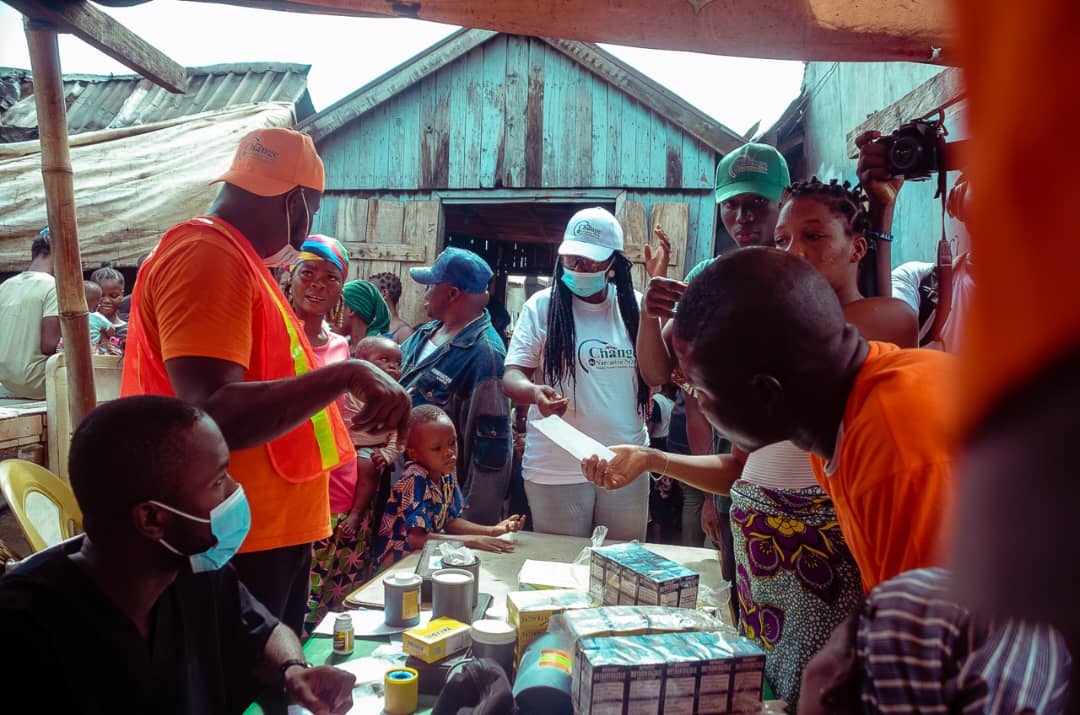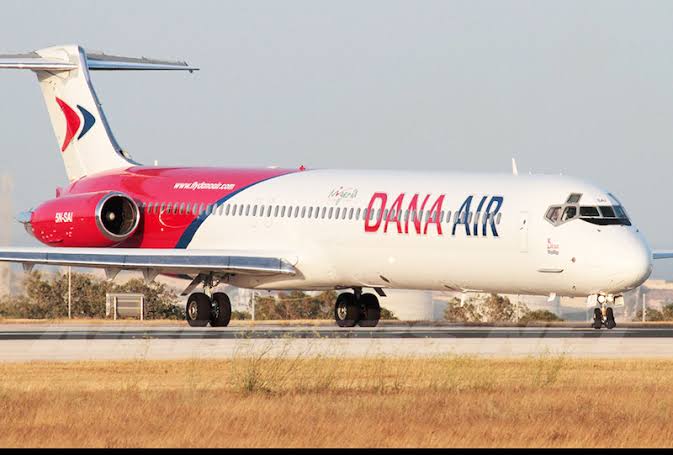Dana Airline: How Long Should We Pamper Death?
…Why FG should completely ban Dana Airline from flights operations
~By Oluwaseun Fabiyi
Every means of transportation poses its own risk and hazards, however, some pose graver risk, especially when the right steps are not taken in the right direction. The fear and the attendant disaster that comes with air crashes are graver than one could imagine. This is why all must be adequately put in place, to avoid unnecessary distrust.

It is no longer news that Dana Airlines experienced yet another flight mishap recently, when one of its aircrafts; with registration number 5N BKI skidded off the runway, at the Murtala Muhammed International airport in Lagos, on Tuesday 23rd of April, 2024, after reportedly returning from Abuja that fateful morning. To say that, the incident was a serious safety concern and threat; that requires swift response, is to say the least.
One must commend the Honourable Minister Of Aviation and Aerospace Development, for his promptness in grounding all Dana Air’s operations within the country. Such should be the alacrity of nations, who have zest and intelligence for the safety of her citizens.
Without much ado, Many Nigerians must have come to a point where they doubt the integrity and technological reliability of Dana Airlines. This is not farfetched from the lackadaisical attitude of the air operator, and certain antecedents that say no otherwise.
Let me take you just a little down the memory lane! Bethnews Media can still recall very vividly, how Dana Airlines wrecked a gruesome havoc on my neighbourhood some 13 years ago,when one of its aircrafts crashed, around Toyin/Balogun Iju-Road claiming the lives of One Hundred And Fifty-nine (159) persons and destroying several persons homes and means of livelihood.
On that fateful Sunday afternoon of June 3, 2012, at about 2:00pm. Publiser of BethNews Media, Oluwaseun Fabiyi had just returned from church, and because of the hot weather, I sat at the balcony after my meal, only to see an aircraft that swung across my rooftop, as if to perch on it. Gripped with fear, since we had never seen a plane flown so low in our area, we decided to follow up.
Myself and others understood that, all was not well the the aircraft that just past, especially seeing it with that very black fume, and preceded by a very scary screeching and deadly roar. Before we could say Jack Robinson, it happened, a Dana Airlines aircraft had just crashed! Everywhere around Toyin Balogun street, off Iju Ishaga road, was already in disarray. Everyone scampered for safety in the unfortunate community.
When an occurrence of this magnitude occurs, sometimes it is excusable to attribute it unforeseen hitch(es), however, such excuses are hardly tenable in airspace operations, since most of the flight activities are strictly monitored via utmost sophistication and near-perfect technical accuracy.
Few months after the Lagos state government had organised a mass burial for the victims of the unfortunate controversial Dana air mishap,the operator was suspended, and directed to show kind gestures to families and businesses affected.
Guess what! Dana Airlines is alleged to have refused, to show concerns, nor put any mechanism in place, to alleviate the sufferings of those who lost lives, properties and millions to the crash. Rather, they clamoured to resume operations.
Surprisingly but not strangely, Nigeria Civil Aviation Authority (NCAA) heeded Dana Airlines’ plea,to resume operations. Nigerians must understand and also remember that, the Dana air crash of 3rd June, 2012 remains the deadliest; after that of 1973,where 193 died in Kano.
Imagine what would have happened again, if the last incident resulted in a crash aground or mid air. God forbids, like we always say in Nigeria’s parlance! However, the reality is that, God wouldn’t forbid, if we leave what God has given us abilities to avert back to God. It doesn’t work that way!
As a matter of urgency, Dana Airline needs to be completely ban from flights operations, since crashes and air mishaps are becoming regular and normal occurrence in their services to Nigerians. We can’t continue to handle the safety of the populace with laxity and levity.
As far as I and many Nigerians are concerned,if the authorities involved continue to play politics, Dana Airline would continue to underestimate Nigerians for long, and the outside world wouldn’t take us seriously.





 Business6 months ago
Business6 months ago
 celebrity radar - gossips4 months ago
celebrity radar - gossips4 months ago
 celebrity radar - gossips4 months ago
celebrity radar - gossips4 months ago
 Business3 months ago
Business3 months ago













